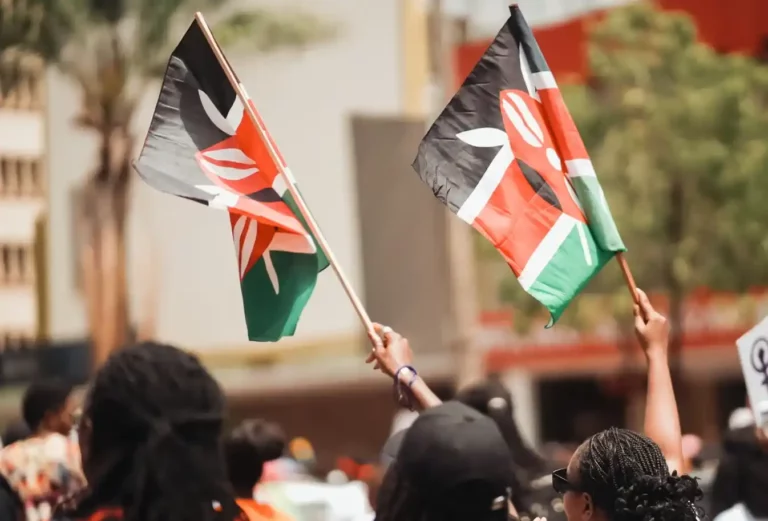June 25, 2024, will forever remain in Kenya’s history books. For the first time, the highly guarded walls of the country’s seat of legislative authority, the Parliament, were breached, with the public gaining access as a registration its frustration.
The unexpected emergence of the Gen Z phenomenon came against the backdrop of an overwhelmingly debilitating sense of despair that was consuming the country. The Kenya Kwanza administration had unleashed what hitherto appeared like a successful systematic campaign aimed at destroying or severely weakening organized systems of checks and balances.
Among the initial fall was Parliament. The Executive got its way in literally everything that required Parliament’s input. Opposing voices were too ineffectual to dilute the strength of Parliament’s rubberstamp inkpad. Intentional co-optation of minority Members of Parliament onto the majority side was just one of the many tactics used to disorganize and disorient Parliament’s effectiveness.
The media was not spared the onslaught. The government unleashed its favoured carrot against the fourth estate; withdrawal of advertisement. It did not lose sight of another viable force; the church. A statement by the Kenya Conference of Catholic Bishops (KCCB) in April this year, condemning the State’s excesses, revealed the government’s desire to tame the Church.
At the turn of the year, the Executive directed its guns towards the Judiciary, arguably the last ‘man’ standing as a countervailing force against an administration keen to ‘play and referee’ the game at the same time.
President Ruto’s New Year speech began a spate of harsh rhetoric against the Chief Justice Martha Koome-led team, culminating in the latter conceding to engage in ‘talks’ hosted by the former from the comfort of the imposing and intimidating State House.
The Executive’s confidence in its script was evidenced by its arrogance and dismissive posture just as it was in the public’s apathy. Nothing captured the growing sense of the Executive’s sense of pride and confidence in its script better than the processing of the Finance Bill 2024.
Like its preceding iteration, the government appeared keen to treat the outpour of public views as no more than a mere constitutional formality; the now routine ‘you have your say we have our way attitude.’
Except this time round, the public had been stretched beyond its tolerable limits. What started as a strong online agitation against the Finance Bill 2024, characteristically dismissed even by government operatives, morphed into an unprecedented display of rage in the streets, culminating in the occupation of the country’s Parliament on June 25, 2024.
Engrossed in its usual sense of security and immunity from direct contact with the public, Parliament was incidentally busy and arrogantly passing the discredited Finance Bill. In the end, the same Parliament that dismissively passed the Bill, recently passed the President’s veto deleting all its provisions, effectively rejecting it.
Fast forward. Shaken by the events, President Ruto’s intervention is reflective of Kenya’s favoured approach by the political elite. A broad-based government has transcended the outlines anticipated in the 2010 Constitution.
After vacillating, the former Prime Minister, Raila Odinga, finally joined the government, albeit by being too clever by half; by allowing room for deniability.
Ironically, he has embraced the very things he has, until recently, condemned. For instance, he has been at the forefront of agitating for the respect of political parties, condemning President Ruto’s appetite toward poaching politicians from the minority side.
It was one of the main things discussed under the National Dialogue Committee (NADCO).
Latest events have the potential impact of further degrading the public’s faith in the place of principled politics. In Kenya, bastardization of the system has been so normalized that many may understandably give up on the possibility of principles ever claiming a central and guiding role in our political dispensation.
It is tempting to recommend the need to keep hope alive and strive to fight for the place of principles in our political space. Though not an easy venture, based on a self-preservation quest by the political class, it is nevertheless not an impossible yearning. It has worked elsewhere. It can work here. Kenyans of goodwill must fight on.
The Constitution Triggers in Me my Native Optimism for Kenya – Justice Joel Ngugi




